You don’t need a massive marketing budget or a fancy agency to grow your business – just a bit of creativity, consistency, and a solid understanding of your customers.
If you’re a small business owner trying to stay visible in a competitive market, remember this: the playing field isn’t just about dollars spent. It’s about how well you connect with your community. While big retailers compete with big spend, you’ve got something they often don’t – real relationships, local knowledge, and a genuine story. When you focus on clear, value-driven marketing and show up consistently, you’ll build trust and keep customers coming back. And the best part? Many of the best marketing tactics won’t break the bank – just your time, effort, and a smart approach.
Common Marketing Mistakes to Avoid
One of the biggest mistakes small businesses make is trying to do everything at once – or copying what big brands are doing. Spreading yourself thin across every social platform, local flyer drop, and ad channel without a clear plan will drain your time and budget fast. Instead, focus on a few channels that genuinely suit your audience and do them well. You don’t need to be everywhere – just where it counts.
Another common misstep? Forgetting the customers you already have. While chasing new leads might feel like progress, your past customers are your warmest audience. A simple check-in, thank-you message, or loyalty offer can go further than cold advertising – and it’s often cheaper too.
Being invisible or inconsistent online also hurts more than you might think. If your business can’t be found on Google, your socials are out of date, or your brand looks disjointed, potential customers may scroll right past. Keep your website and social pages up to date, claim your Google Business listing, and make sure your branding is consistent across the board.
Lastly, always track what’s working. If you’re spending on ads, printing flyers, or putting time into content without checking the results, you’re guessing – and that’s expensive. Ask new customers how they found you, watch what content performs best, and track sales during promotions. A few small tracking habits can make your marketing a whole lot smarter.
How to Market Smart on a Small Budget
1. Get Your Online Basics Right
These days, nearly everyone searches online before visiting a store or buying a product. Make sure your business is easy to find and looks welcoming on the internet. Claim your Google Business listing (so your shop shows up on Google Maps and search results), and keep your address, trading hours, and contact details up to date. If you have a website or even just a Facebook page, ensure it has current information and a clear description of what you offer. You want a potential customer to find you online and think, “This looks trustworthy and local” – not wonder if you’re still in business.
2. Engage on Social Media (Where It Counts)
You don’t need to go viral on every platform, but a friendly social media presence can work wonders. Pick the platforms where your customers spend their time – for many local small businesses this might be Facebook or Instagram, while others might find their niche on LinkedIn or even TikTok. Share updates about your products or services, post photos of happy customers (with permission), and maybe show some behind-the-scenes peeks of your business. Encourage interaction with fun polls or questions. Remember to use relevant hashtags like #ShopLocal or your suburb name to reach nearby folks. With about three-quarters of Australians using social media regularly, being active online is a free (or low-cost) way to remind people you’re here and you care.
3. Encourage Word-of-Mouth and Referrals
Nothing beats a personal recommendation. Think about how often you’ve tried a new café or tradie because a friend said they were great. Customers will trust personal recommendations, so give your customers reasons to rave about you. Provide such a good experience that people can’t help telling others. You can also gently encourage referrals – for example, a simple “We’d love it if you tell your friends about us!” on a thank-you note or an incentive like “Bring a friend next time, and you both get 10% off.” Don’t be shy about asking for online reviews on Google or Facebook either. Positive reviews are the digital form of word-of-mouth, and they help new customers feel confident choosing you.
4. Partner with Your Community
Small businesses are part of the community fabric in Australia, so make the most of that. Get involved in local events and networks. This could mean having a stall at the weekend markets, sponsoring the local footy team’s jerseys, or donating prizes for a community fundraiser. You can also team up with other local businesses for mutual benefit – for example, a local café might partner with the bakery down the street so customers who buy a coffee get a discount on a cake next door. These partnerships and community engagements cost relatively little but can significantly boost your profile, because people love to support businesses that support their community – it creates a feel-good win-win situation.
5. Share Your Knowledge and Story
One of the best ways to build trust is to offer value before you ask for a sale. Share your know-how and the story behind your business. If you’re a florist, you might post simple flower care tips or a quick guide to arranging blooms. If you run an accounting firm, share a few basic budgeting tips for other local businesses. Maybe write a short blog, send out an email newsletter with helpful hints, or just post advice on social media. By showing you’re knowledgeable and genuine, you position yourself as more than just a business – you become a helpful resource in your community. Plus, sharing a bit of your story (like why you started your business or a day-in-the-life at your shop) can humanise your brand. People are more likely to support a business when they feel connected to the people behind it.
Local and Community Marketing
Customers tend to appreciate authenticity and down-to-earth communication. In Australia, a bit of humility and humour can go a long way – people here usually don’t respond well to stuffy, overly formal marketing or aggressive sales tactics. (We have that famous “tall poppy syndrome”, where bragging too much can backfire.) The good news is that as a small business, you’re perfectly positioned to deliver a personal, genuine touch that big companies just can’t match. Customers often rally around local businesses, especially when they see you actively involved in the community and being real about who you are.
Many small business owners are also time-poor, juggling marketing with everything else. The key is to keep it simple and consistent rather than grand and sporadic. Australian business culture values relationships and trust over flashiness. So, a friendly chat with a customer, a sincere “thank you” email, or a candid social media post about how you solved a challenge can win more hearts than a polished corporate-style campaign. Don’t be afraid to be transparent – if something goes wrong, owning it and explaining how you’re fixing it will earn respect. By using easy tools (like scheduling your Facebook posts or setting reminders for follow-ups), you can maintain a regular marketing presence without it taking over your life. In short, stay true to your values, be a good neighbour, and your marketing will naturally strike a chord with customers.
Final Thought: Small Steps, Big Results
You don’t need a massive budget or a fancy ad agency to make a marketing impact. What really counts is understanding your customers and engaging with them genuinely and consistently. The most successful small businesses are often the ones that show up regularly – whether that’s on social media, in the community, or in customers’ inboxes – with genuine helpfulness and a personal touch. Over time, all those little interactions add up. People remember who offered a useful tip, who took the time to ask how they’re going, or who made them feel appreciated.
In the end, marketing for a small business isn’t about out-spending the competition; it’s about out-caring them. By being authentic and relationship-focused in your marketing, you’ll build a loyal customer base that sticks with you. When customers feel valued and see your passion and transparency, they’re not only more likely to come back – they’ll also spread the word, becoming your biggest advocates. And that kind of genuine brand loyalty is something no big advertising budget can buy.





